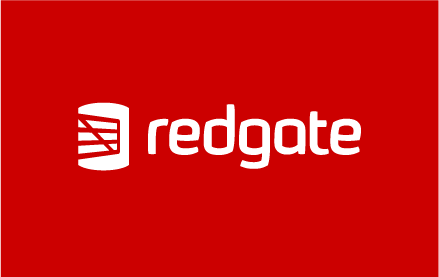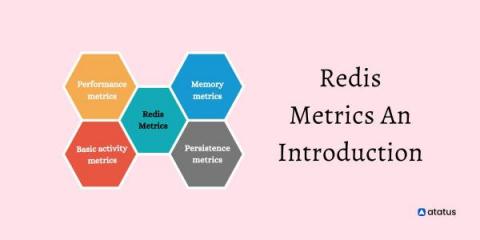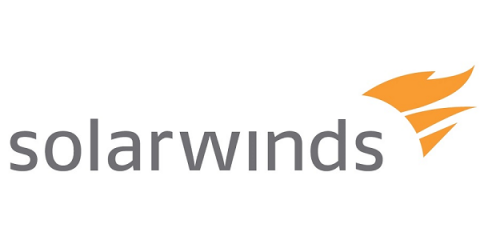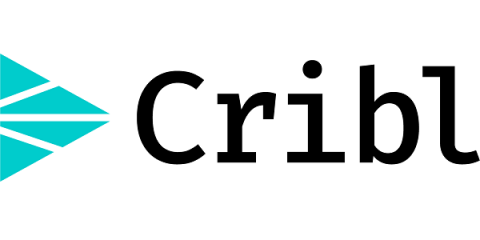Best Practices for MongoDB Monitoring with Prometheus
The MongoDB document-oriented database is one of the most popular database tools available today. Developed as an open-source project, MongoDB is highly scalable and can be set up in your environment in just a few simple steps. When running and managing databases, monitoring is a key requirement.











